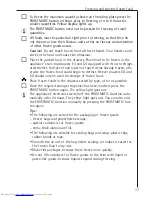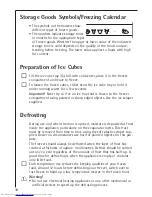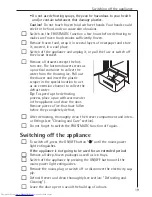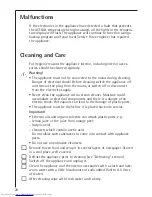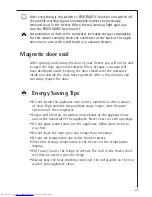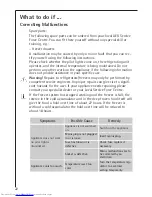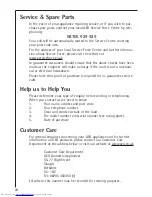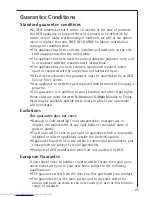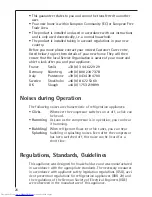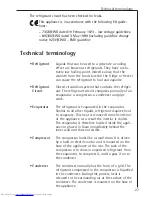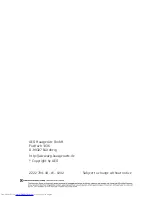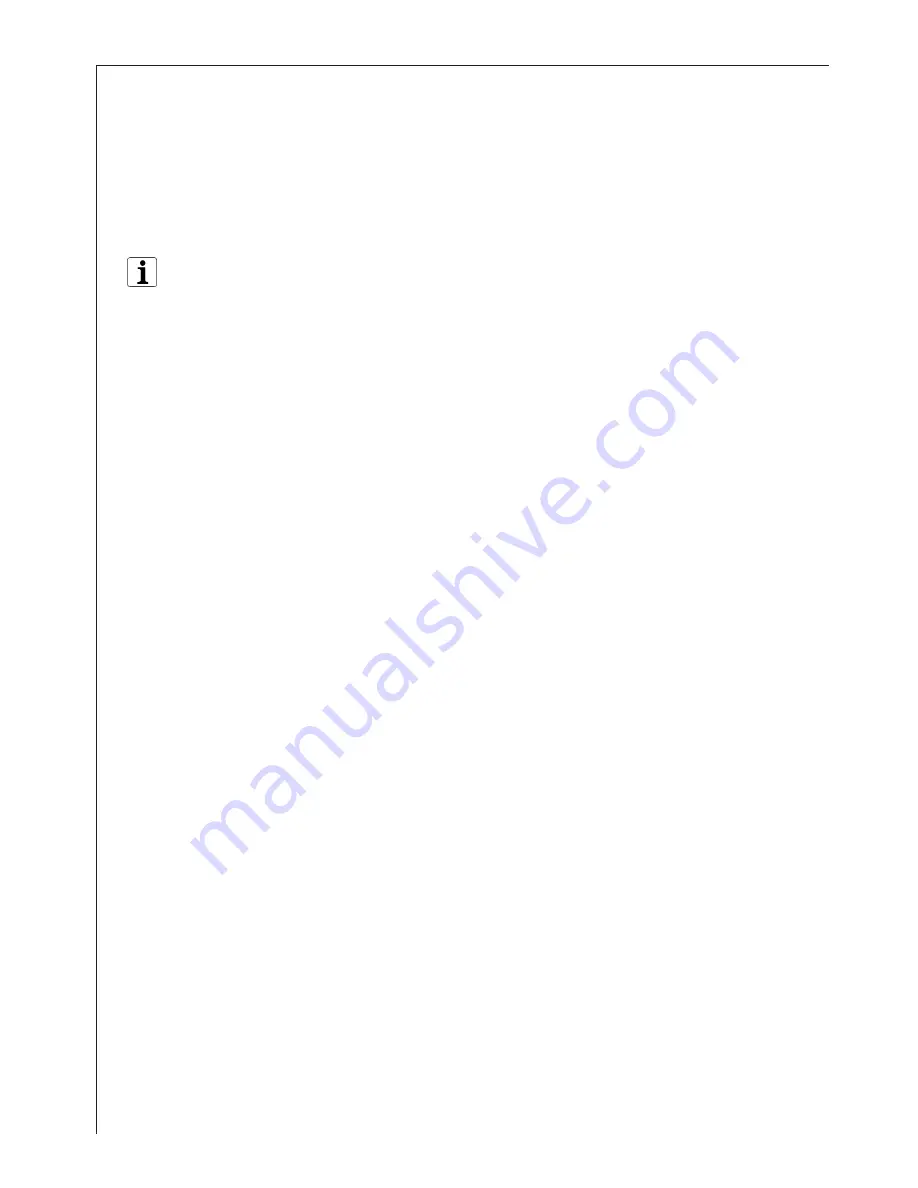
16
Freezing and storing frozen food
Interior Accessories
Ice pack
There is an ice pack in one drawer of the freezer.
Refer to the section “Prior to Initial Start–Up” concerning freezing of
the ice pack.
In the event of a power failure or malfunction, the ice pack will
lengthen the amount of time it takes for the frozen food to defrost by
several hours.
The ice pack can only fulfil this task if it is placed in the uppermost
drawer, at the front, above the frozen food.
You can use the ice pack for cooling cold bags.
Freezing and storing frozen food
You can use your freezer for freezing fresh food yourself.
Important!
• The temperature in the freezer compartment must be –18°C or cold-
er before freezing food.
• Please observe the freezing capacity given on the rating plate. The
freezing capacity is the maximum quantity of fresh food that can be
frozen within a period of 24 hours. If you wish to freeze food several
days in a row, please observe a maximum capacity of only 2/3 to 3/4
of that on the rating plate. The quality of the food is best preserved
when it is frozen right through to the core as quickly as possible.
• Allow warm food to cool down before freezing. The warmth will
cause increased ice formation and increase the power consumption.
• Please note the maximum storage times specified by the manufac-
turer.
• Thawed foods which have not been processed further (cooked into
meals) may not under any circumstances be frozen a second time.
• Containers with flammable gases or liquids can leak at low tempera-
tures. There is a risk of an explosion! Do not store any containers
with flammable materials such as, for example, spray cans, fire extin-
guisher refill cartridges etc in the refrigerator/freezer.
• Bottles and cans must not be placed in the freezer. They can burst
when the contents freeze, high carbonate content drinks can even
explode! Never store lemonade, juices, beer, wine, sparkling wine etc.
in the freezer.
















